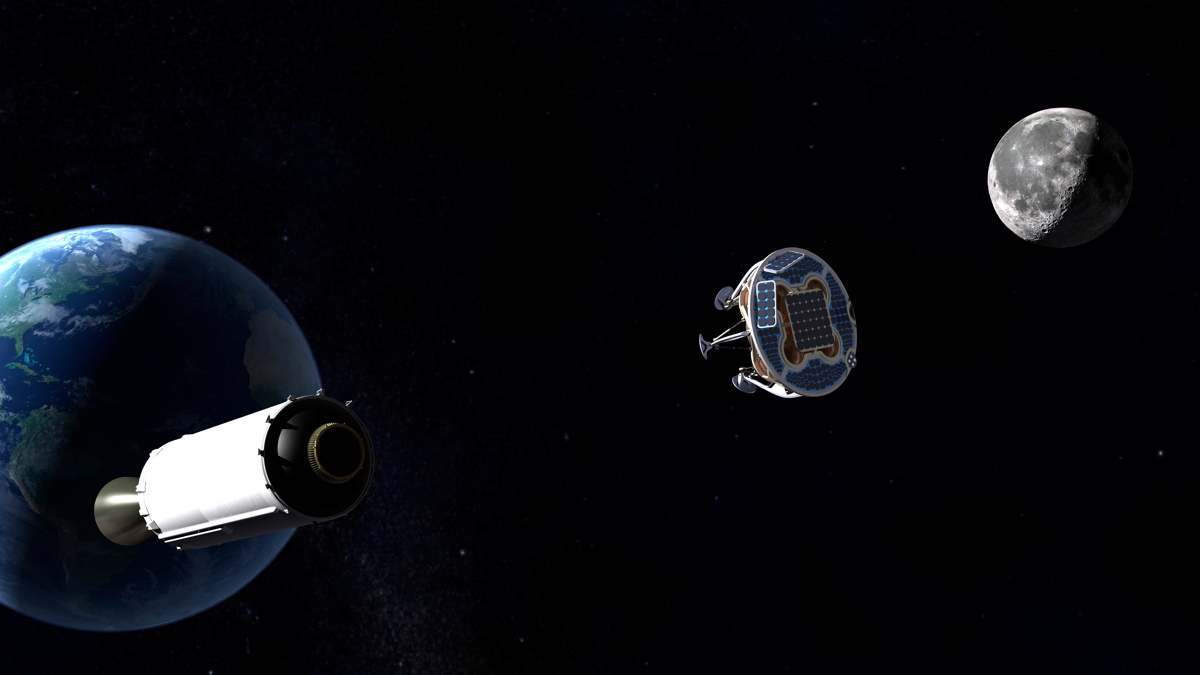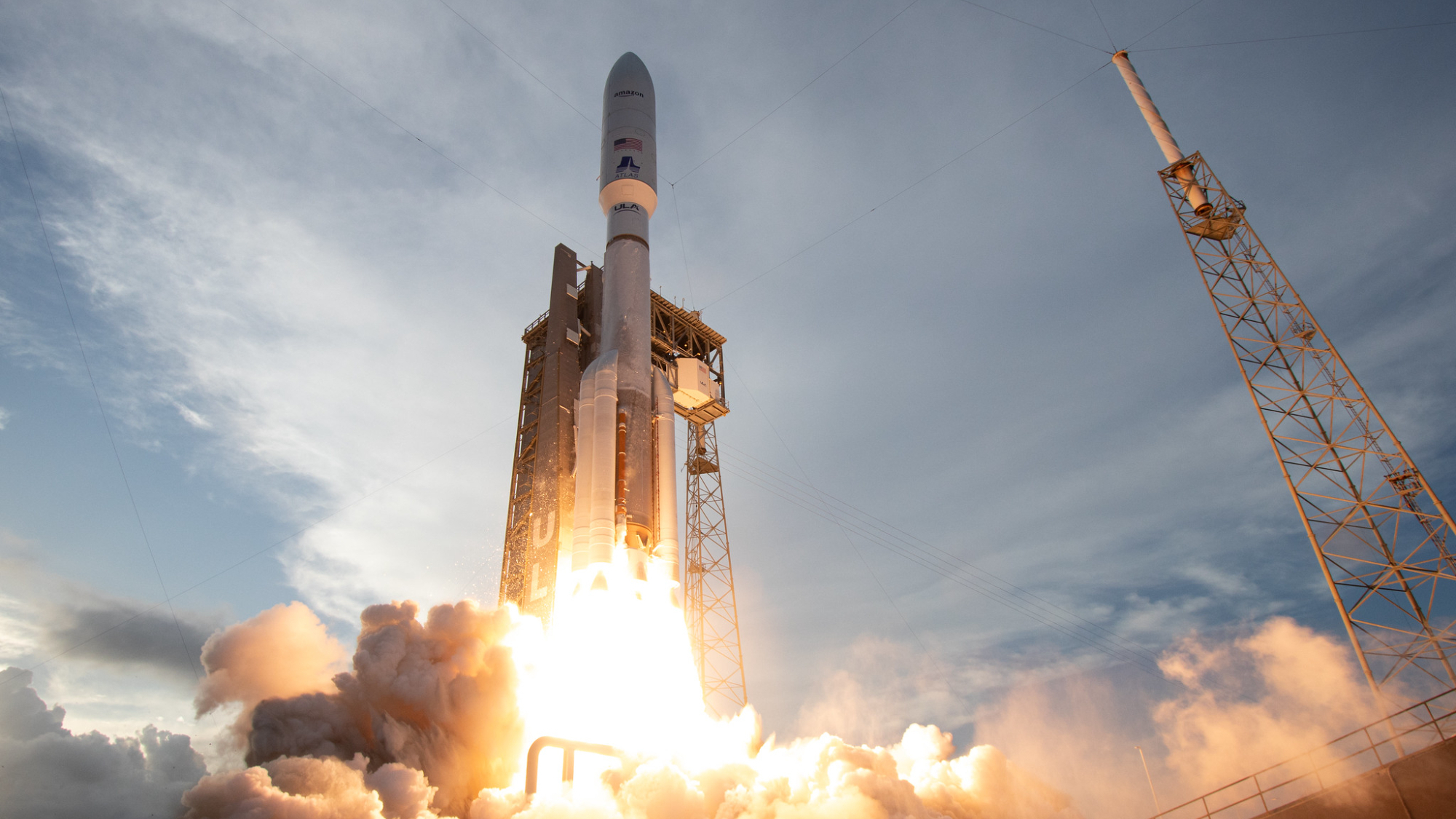Will Private Moon Race's First Contract Spur Snowball Effect?

The organizers of a $30 million private race to the moon said they hope the contest's first officially recognized launch contract will have a snowball effect.
Last month, Israel-based SpaceIL announced it had signed a deal to launch its lander to the moon aboard a SpaceX Falcon 9 rocket in the second half of 2017, becoming the first entrant in the Google Lunar X Prize (GLXP) competition to secure a "verified" launch contract.
GLXP representatives said they hope other teams follow SpaceIL's lead. [Google Lunar XPrize: The Private Moon Race Teams in Pictures]
"I would like to see a real horse race, with multiple teams in the race," Bob Weiss, vice-chair and president of the X Prize Foundation, told Space.com by phone from Jeruselum, where SpaceIL's launch deal was announced. "Innovation comes not just from the winner, but all of the competitors."
The GLXP is offering $20 million to the first privately funded team to place a lander on the moon, have the spacecraft move at least 1,650 feet (500 meters) on the lunar surface, and beam high-definition video and photos back to Earth by the end of 2017. The second team to do this will get $5 million; another $5 million is set aside for achieving other milestones. Sixteen teams remain in the competition.
GLXP representatives hope the contest aids the development of the private spaceflight industry, reduces the cost of exploring beyond Earth, and stimulates young people's interest in science, technology, engineering and math (STEM), Weiss added.
SpaceIL's mission will be a step toward these goals, the company's CEO, Eran Privman, told Space.com in the same interview. The mission will get to the moon for "a reasonable amount of money" — $50 million, of which 80 percent has been raised, mostly from wealthy private donors, Privman said.
Breaking space news, the latest updates on rocket launches, skywatching events and more!
A portion of that money will be used to let students participate in some of the science. Some of the budget will also go to a science experiment that will measure the magnetic field of the moon with higher precision than previous missions were able to achieve, he added.
"We definitely need the [remaining] money to conclude the engineering and land on the moon," Privman said. "Whatever we manage to get on top of it will go to education and science, and once we complete this mission successfully, we will look for the next one."
SpaceL's launch contract is a big milestone for the GLXP because it allows the contest to be extended to the end of 2017. (Competition rules stipulated that at least one verified launch deal had to be in place by the end of 2015, or else the contest would end.)
Other teams now have until Dec. 31, 2016, to submit their notification of a launch contract. Several other teams, including California-based Moon Express, have announced their own launch deals, but SpaceIL is the only one to initiate the verification process with GLXP to date, contest representatives have said.
Follow Elizabeth Howell @howellspace, or Space.com @Spacedotcom. We're also on Facebook and Google+. Originally published on Space.com.

Elizabeth Howell (she/her), Ph.D., was a staff writer in the spaceflight channel between 2022 and 2024 specializing in Canadian space news. She was contributing writer for Space.com for 10 years from 2012 to 2024. Elizabeth's reporting includes multiple exclusives with the White House, leading world coverage about a lost-and-found space tomato on the International Space Station, witnessing five human spaceflight launches on two continents, flying parabolic, working inside a spacesuit, and participating in a simulated Mars mission. Her latest book, "Why Am I Taller?" (ECW Press, 2022) is co-written with astronaut Dave Williams.
